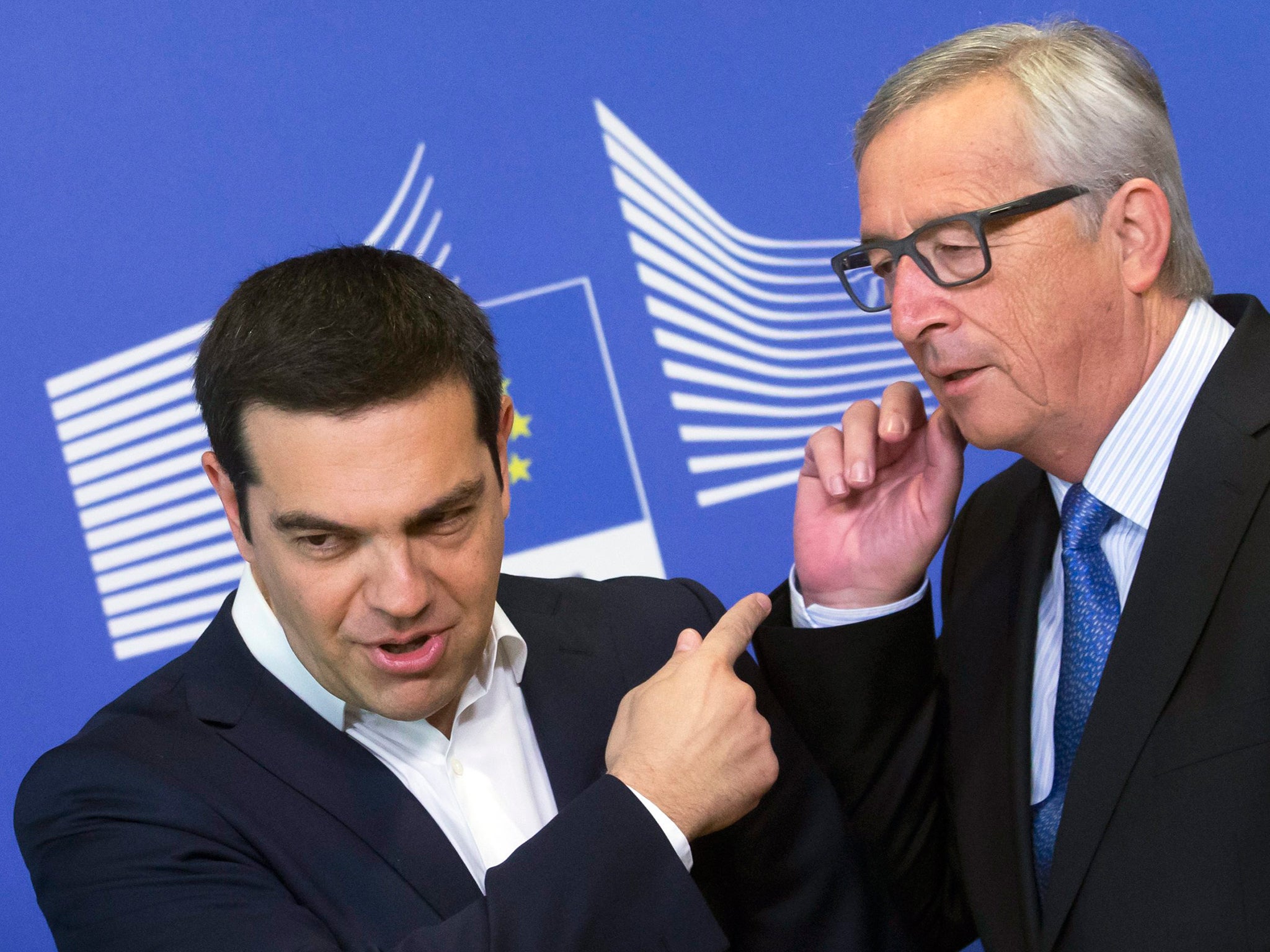Greece’s offer shows the only way forward is to rein in the childishness
A deal has not been done though, and eurozone finance ministers need more time to study the small print of the belated Greek offer


At last, Greek leaders are behaving like grown-ups. It was an exasperated Christine Lagarde, managing director of the International Monetary Fund, who complained about the lack of “adults in the room” when yet another round of talks fell at the first hurdle last week.
But on 22 June, at the equivalent of five to midnight, Syriza hinted at enough movement on tax rises for the rich and for businesses to prevent its creditors pulling the plug.
A deal has not been done though, and eurozone finance ministers need more time to study the small print of the belated Greek offer. It might look like a predictable last-minute compromise, but this time the eurozone and the Greeks were perilously close to the edge. “Grexit” could have happened. Contingency plans were in place and eurozone leaders were confident of avoiding “contagion” – which was not the case in previous euro crises.
Probably the deal tabled in Brussels could have been done a few months ago. Alexis Tsipras, armed with an anti-austerity mandate from January’s election but Prime Minister of a country that did not want to leave the euro, gambled that eurozone leaders would blink first and not risk “Grexit”, enabling him to win more favourable terms. But they did not blink.
Mr Tsipras had so infuriated Greece’s paymasters that even Angela Merkel was prepared to think the unthinkable and admit the single currency was not irreversible – a historic setback for the entire EU project. The German Chancellor in particular will feel very relieved if the deal is done. As well as fracturing the eurozone, “Grexit” would have allowed Athens to forge closer links with Moscow at a time of Russian aggression in Ukraine, and could have weakened the fight against migration from Africa via the Mediterranean.
While Syriza will probably be bailed out by its European friends, it has made enemies. The prolonged crisis sparked a dispute between Ms Merkel, who wanted to put politics above economics, and Wolfgang Schäuble, her hawkish Finance Minister, who wanted to let Greece go. Although presented as a “soft cop, hard cop” act, the rift between them was real.
Even if there is agreement before the Greeks’ money runs out next 23 June, the expectation will be of a short-term sticking plaster rather than a long-term solution. It will not be the last time eurozone leaders kick the can down the road. They will probably do it all over again in a few months.
Join our commenting forum
Join thought-provoking conversations, follow other Independent readers and see their replies
Comments
Bookmark popover
Removed from bookmarks